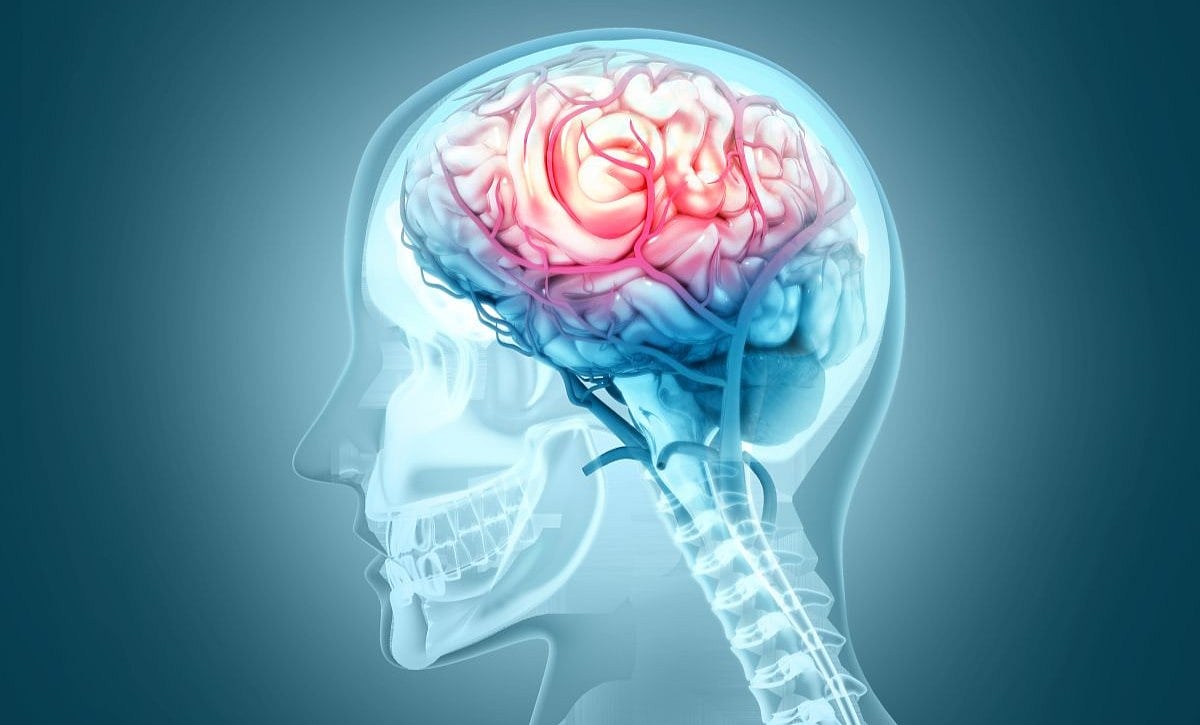Longer sleep duration linked to presence of cerebral microbleeds; longer in-bed time linked to lower total MoCA score
By Elana Gotkine HealthDay Reporter
FRIDAY, May 30, 2025 (HealthDay News) — For adult patients with transient ischemic attack (TIA)/mild stroke, disturbed sleep is associated with greater cerebral small vessel disease (SVD) burden and worse cognitive outcomes, according to a study published online May 28 in Neurology.
Dillys Xiaodi Liu, Ph.D., of the University of Hong Kong, and colleagues examined the associations of self-reported sleep metrics with neuroimaging markers of SVD and cognitive performance in 211 adult patients with TIA/mild stroke recruited from the Mild Stroke Study 3 and 211 adult patients with TIA/mild stroke recruited from the University of Hong Kong stroke cohort during 2018 to 2022.
The researchers found that longer in-bed time was independently associated with greater global SVD (odds ratio, 1.27 per one standard deviation [SD] increase) and Fazekas periventricular white matter hyperintensity burden (odds ratio, 1.53 per one SD increase). There was an independent association seen for longer sleep duration with presence of cerebral microbleeds (odds ratio, 1.42 per one SD increase). After covariate adjustment, longer in-bed time was associated with lower total Montreal Cognitive Assessment score (standardized β = −0.58).
“More research is needed to confirm these findings and also to look at whether prolonged sleep has negative effects on people who have never had a stroke or TIA,” coauthor Joanna M. Wardlaw, M.D., from the University of Edinburgh in the United Kingdom, said in a statement. “Of course, research is also needed on whether improving people’s sleep patterns after stroke could ward off some of these possible detrimental effects.”
Copyright © 2025 HealthDay. All rights reserved.








